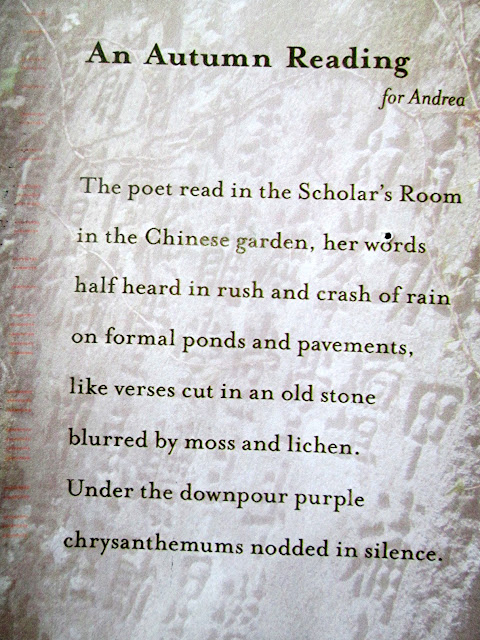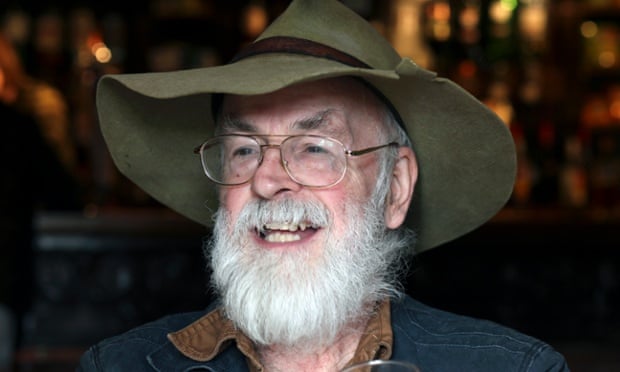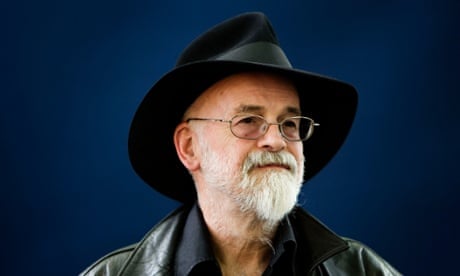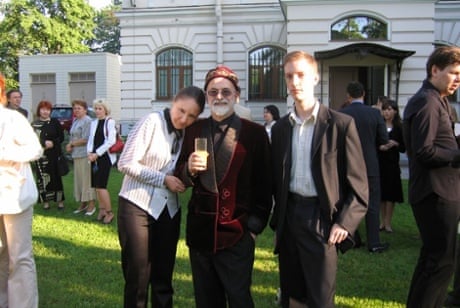We
have a bequest of stories, tales from the old storytellers, some of
whose names we know, but some not. The storytellers go back and back, to
a clearing in the forest where a great fire burns, and the old shamans
dance and sing, for our heritage of stories began in fire, magic, the
spirit world. And that is where it is held, today.
The Nobel-prize winning novelist Doris Lessing passed away on Sunday morning in London at the age of 94. Doris Lessing was important to me, especially her Shikasta series, which I've always felt was prophetic. In 2008 a Synchronicity brought her "blessing" to me again, in the form of a book that reminded me to remember "the habit of loving". In honor of Doris Lessing, I felt like copying that post again.

Doris Lessing and my "Book of Common Miracles"
 "Writers are often asked: "How do you write?" But the essential question is:
"Writers are often asked: "How do you write?" But the essential question is:
"Have you found a space, that empty space, which should surround you when you write?"
Into
that space, which is like a form of listening, of attention, will come
the words, the words your characters will speak, ideas - inspiration. If
a writer cannot find this space, then poems and stories may be
stillborn. When writers talk to each other, what they discuss is always
to do with this imaginative space, this other time. "Have you found it?
Are you holding it fast?"
Doris Lessing,
Nobel Prize Speech, 2007
My friend Rose says that I should compile a little book about syncronicities. I think, if I did, I would call it the "Book of Common Miracles",
or perhaps, "Grace". Because I've often felt there is a Conversation
going on that, once we notice, becomes continually
more animated. In other words, we're often "tapped on the shoulder" by
angels, and pre-occupied with our daily concerns, fail to notice little
miracles fluttering under our very noses, attempting to wake us up.
David Abram commented that perception is "a reciprocal phenomenon organized as much by the sourrounding world as by oneself",
and suggested that a two-way dynamic of intention, or energy exchange,
may be going on. In contrast to our idea of a non-living world we
simply "observe", he went on to say that "the psyche is a property of the ecosystem as a whole", suggesting that we move beyond the notion that "one's mind is nothing other than the body itself".* A Conversant World. Or as writer Alice Walker has often said, "the Universe responds."
So
the story I would like to tell concerns one of my favorite
writers, a woman whose visionary books, most significantly SHIKASTA, has
informed and inspired me since the mid '70's, Doris Lessing. The
excerpt above is from her 2007 Nobel Prize in Literature speech, which
she received at the age of 88. The visual is her personal note and
autograph, found on the back cover of a paperback I found lying on the
sidewalk at my feet, a pile of discarded books just a few blocks from
where I live in downtown Tucson, Arizona. To me, it's a talisman
- infused with energy from the living hand of this prolific and
visionary writer, whose long and enduring gift she has never failed.
I've
been very depressed this winter, which led me to go into therapy to
tell and reveal to myself, some of the stories of my personal life, and
hopefully untangle them so I can move through the bardo of transition
I've been mired in. I do not like the cynicism and bitterness that
post-menopausally "haunts" me.......the Habit of Loving is the
discipline from which creativity arises, and without it the river dries up. I've been blessed to find a wise counselor
to listen to me. And in the "unmasking process" (as she puts it) I've
often felt like a ghost within the "legend" of my former
self.......therapy is rather a painful process! And I've had
plenty of doubts as to whether being an artist matters anymore.
So
when I found"The Habit of Loving" at my feet while strolling down a
residential street near where I live I picked it up with pleasure. To
find a personal autograph on the inside (dated 1982) by the
author........is pure magic. Personal magic - because if it was by
Stephen King, or any of the thousands of authors I don't know or don't
care about, it wouldn't mean a thing to me. But this is a talisman, as
if, in some wonderful way, a creative spark was passed on to me from
someone I tremendously admire. And a reminder to not only respect, but
CHERISH the gifts of creativity and expression we're given. It's too
easy to forget - they are high privilege. And they need to be shared.
In
her acceptance speech, Lessing remembers her life early life in Africa,
in Zimbabwe, formerly Rhodesia, as well as her life in England. And
she urges us to remember how precious knowledge, and the gifts of
literacy, really are.

"We
are a jaded lot, we in our world - our threatened world. We are good
for irony and even cynicism. Some words and ideas we hardly use, so worn
out have they become. But we may want to restore some words that have
lost their potency.
We
have a treasure-house of literature, going back to the Egyptians, the
Greeks, the Romans. It is all there, this wealth of literature, to be
discovered again and again by whoever is lucky enough to come up on it.
Suppose it did not exist. How impoverished, how empty we would be.
We
have a bequest of stories, tales from the old storytellers, some of
whose names we know, but some not. The storytellers go back and back, to
a clearing in the forest where a great fire burns, and the old shamans
dance and sing, for our heritage of stories began in fire, magic, the
spirit world. And that is where it is held, today.
Ask
any modern storyteller and they will say there is always a moment when
they are touched with fire, with what we like to call inspiration, and
this goes back and back to the beginning of our race, to fire and ice
and the great winds that shaped us and our world.
The storyteller is
deep inside everyone of us. The story-maker is always with us. Let us
suppose our world is attacked by war, by the horrors that we all of us
easily imagine. Let us suppose floods wash through our cities, the seas
rise . . . but the storyteller will be there, for it is our imaginations which shape us, keep us, create us - for good and for ill.
It
is our stories that will recreate us, when we are torn, hurt, even
destroyed. It is the storyteller, the dream-maker, the myth-maker, that
is our phoenix, that represents us at our best, and at our most
creative.
The poor girl (in
Zimbabwe) trudging through the dust, dreaming of an education for her
children, do we think that we are better than she is - we, stuffed full
of food, our cupboards full of clothes, stifling in our superfluities?
I
think it is that girl and the women who were talking about books and an
education when they had not eaten for three days, that may yet define
us.
© The Nobel Foundation 2007
*"The Perceptual Implications of Gaia", David Abram, THE ECOLOGIST (1985)









